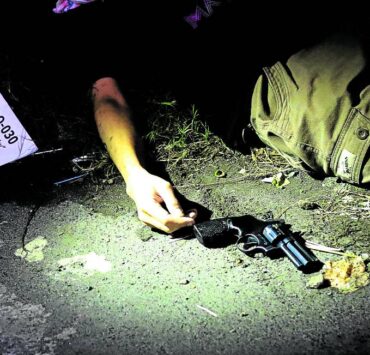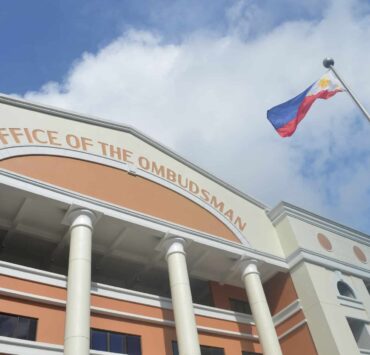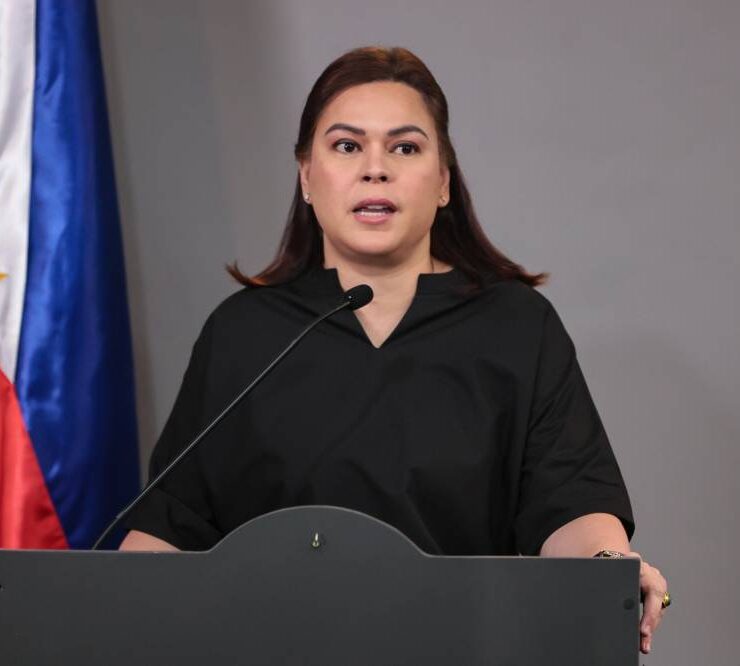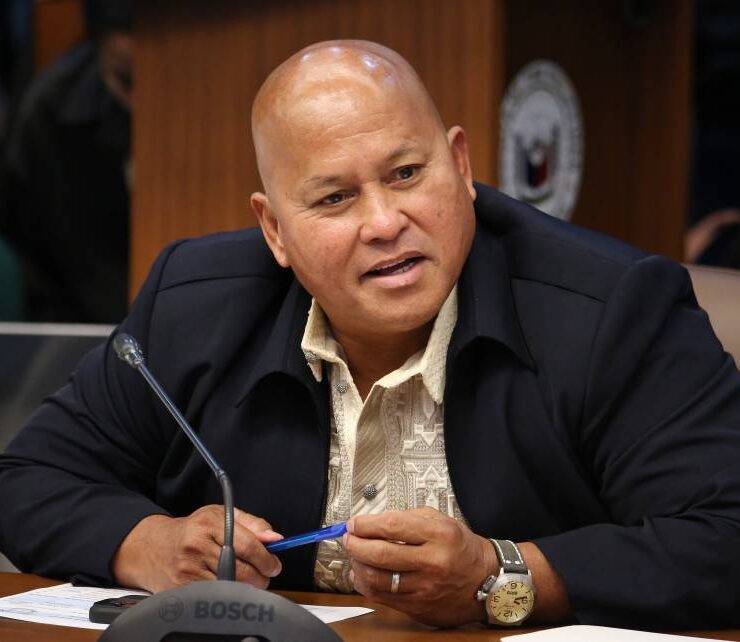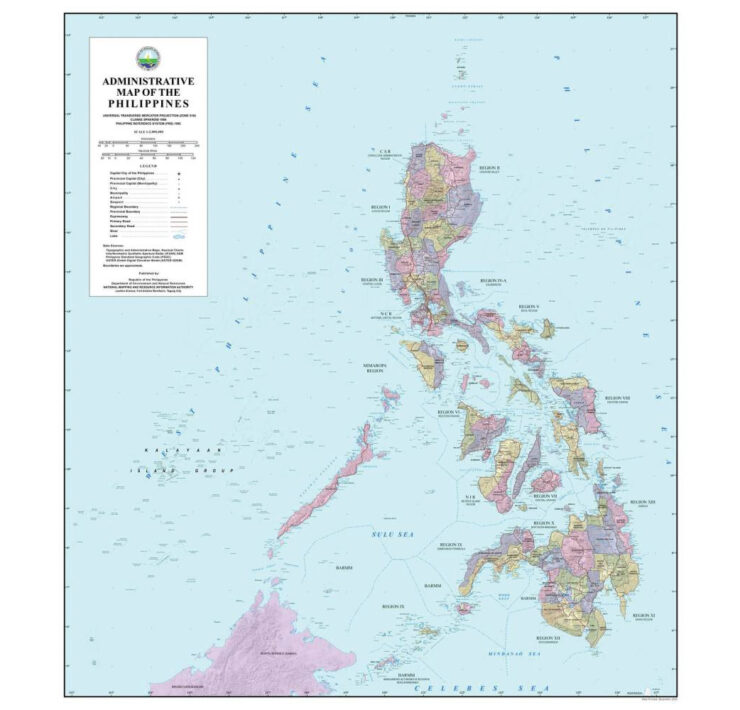DOH: Aid Better delivered thru PhilHealth, not guarantees
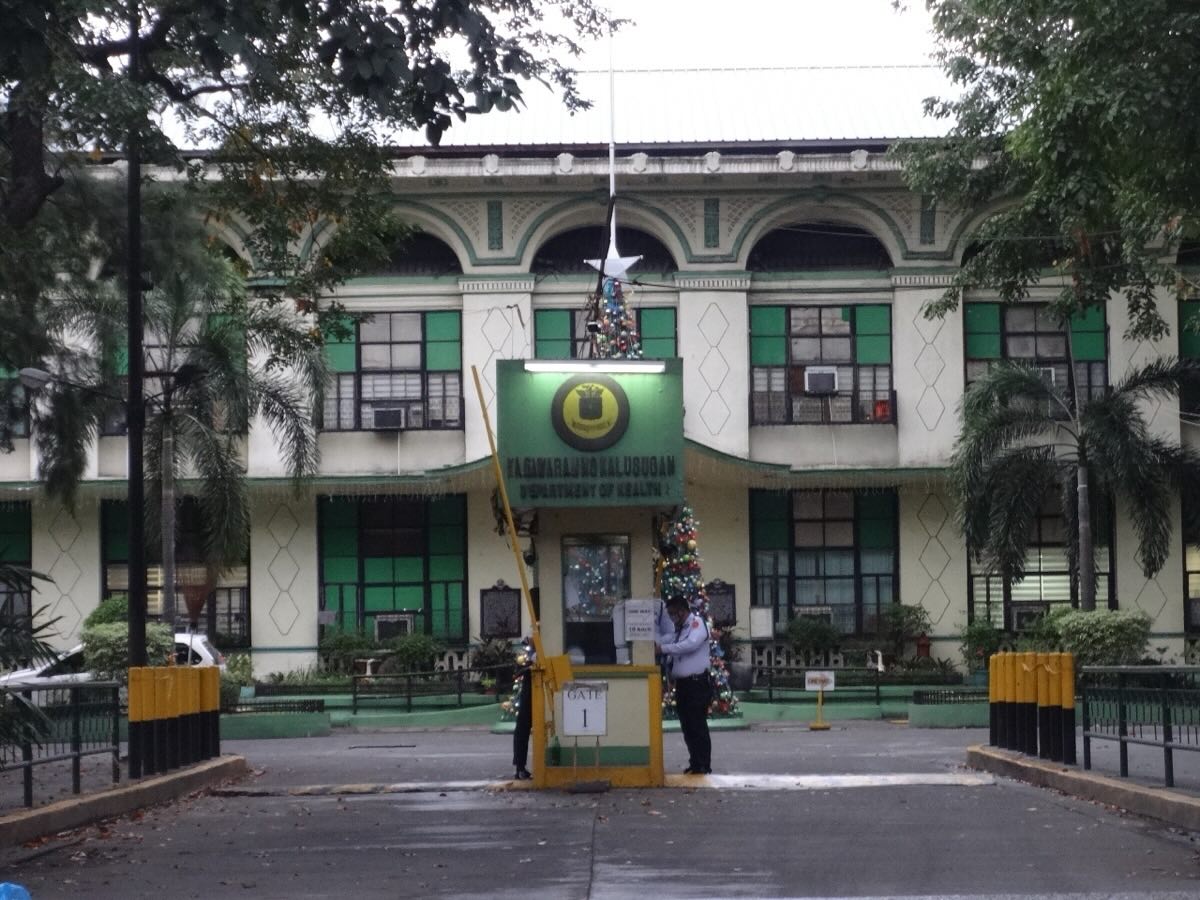
An official of the Department of Health (DOH) said on Sunday it was better to funnel government assistance through the Philippine Health Insurance Corp. (PhilHealth) instead of guarantee letters.
DOH spokesperson Dr. Albert Domingo, in a Viber message to the Inquirer, was reacting to reports that some private hospitals had stopped accepting guarantee letters due to the slow processing of receivables under the government’s Medical Assistance for Indigent and Financially Incapacitated Patients (MAIFIP) program.
“This is a welcome development, to highlight that in the past few months, DOH has been increasing the amounts PhilHealth pays to hospitals, while decreasing the waiting time to do so,” Domingo said.
He pointed out that even hospitals under the management of the DOH do not use guarantee letters.
“In countries like Singapore, these endowment funds provide medical assistance without need for guarantee letters, needing only the professional assessment of a medical social worker. That is how we do it in DOH hospitals—guarantee letters are not needed,” Domingo said.
‘Receivables’
A guarantee letter is a document issued by a government official or an agency that is addressed to a service provider, which ensures the payment of a service on behalf of the beneficiary.
Earlier, an official of the Private Hospitals Association of the Philippines Inc. (Phapi) said some of their members have decided to suspend or limit the acceptance of guarantee letters due to delays in the payment of receivables under the MAIFIP program.
“The hospitals are slowing down on the acceptance because of slow payment and some want to stop or suspend accepting the GLs (guarantee letters) because their receivables are already too high and it is affecting their operating expenses,” Phapi president Dr. Jose Rene de Grano told the Inquirer via Viber.
Temporarily on hold
According to him, some member-hospitals have decided not to accept guarantee letters for now because they have too many still under processing for reimbursement.
“There are some members of Phapi who have really stopped accepting the GLs, though I cannot name them, but a lot of them have been receiving payments also so they are not complaining,” De Grano said in a Viber message.
The Phapi president noted that some hospitals in Batangas earlier received payments amounting to P577 million under the MAIFIP program although they still have around P450 million worth of receivables.
“Upon checking, [the hospitals in Batangas] are receiving some [payments] but because the GLs keep on coming, the receivables from DOH MAIFIP have not really gone down, so some of them are contemplating on limiting the GLs temporarily,” De Grano said.
He added that he has already spoken with the DOH regional office in Batangas, which said they are unable to keep up with the requests for payments due to “manpower problems.”
“[T]hey said they are doing their best to speed up the payment despite manpower problems, and they showed me that they have released a substantial amount already, P577 million plus. However, there are too many GLs coming in so their payables remain high,” De Grano said.
“[H]opefully, the payments would be faster so hospitals will not complain and continue receiving the GLs,” he said.
Universal health care
Domingo said the DOH is currently reconciling “payables to specific private hospitals in compliance with prevailing laws and policies.”
But he also called on all hospitals to “review the Universal Health Care Act” and to “always assess the paying capacity of patients.”
According to him, patients who are in need of financial assistance can also be admitted to basic or ward accommodation for zero balance billing, or they can be referred to nearby DOH or government hospitals.
Under the MAIFIP program of the DOH, indigent or financially incapacitated patients with a “clear inability” to pay for medical treatment are provided financial aid after they are assessed and certified as qualified by a medical social worker.
The program covers medicines and services prescribed by a licensed physician, including diagnostic procedures, “clinically indicated” medical-surgical cases, prescribed posthospitalization and rehabilitation services, hospital bills or charges, as well as doctors’ professional fees.














